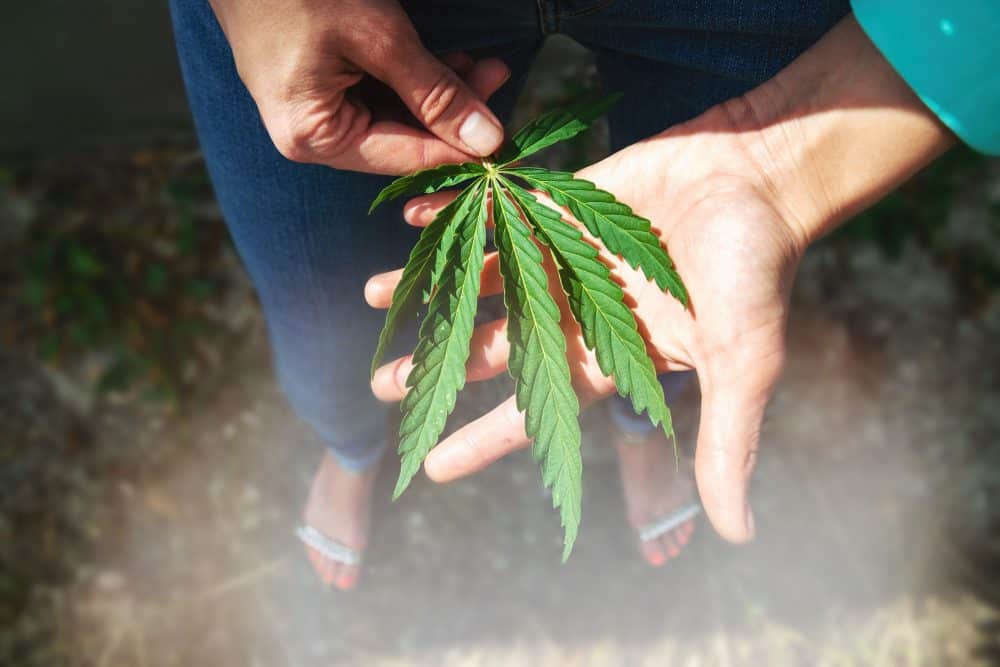Jails, Institutions, and Death, pt. II
Posted on December 13, 2019
by Thaddeus Camlin, Psy.D.
Earlier this year I wrote a piece arguing that 12-step programs are wrong when they claim that drug use invariably leads to jails, institutions, or death. The piece generated a decent amount of dissenting responses (even more than most of the stuff I write!). Impassioned retorts proclaimed that I built a “straw man” argument by referring to drug use leading to jails, institutions, and death, and insisted that the 12-step programs only make the ominous claim about people in “active addiction.” Inherent in the dissenting opinions is an implied agreement that the original article was correct in claiming that most substance use does not lead to jails, institutions, and death, so at least we agree on something. Now, let us narrow the focus from the fact that m...
full story










